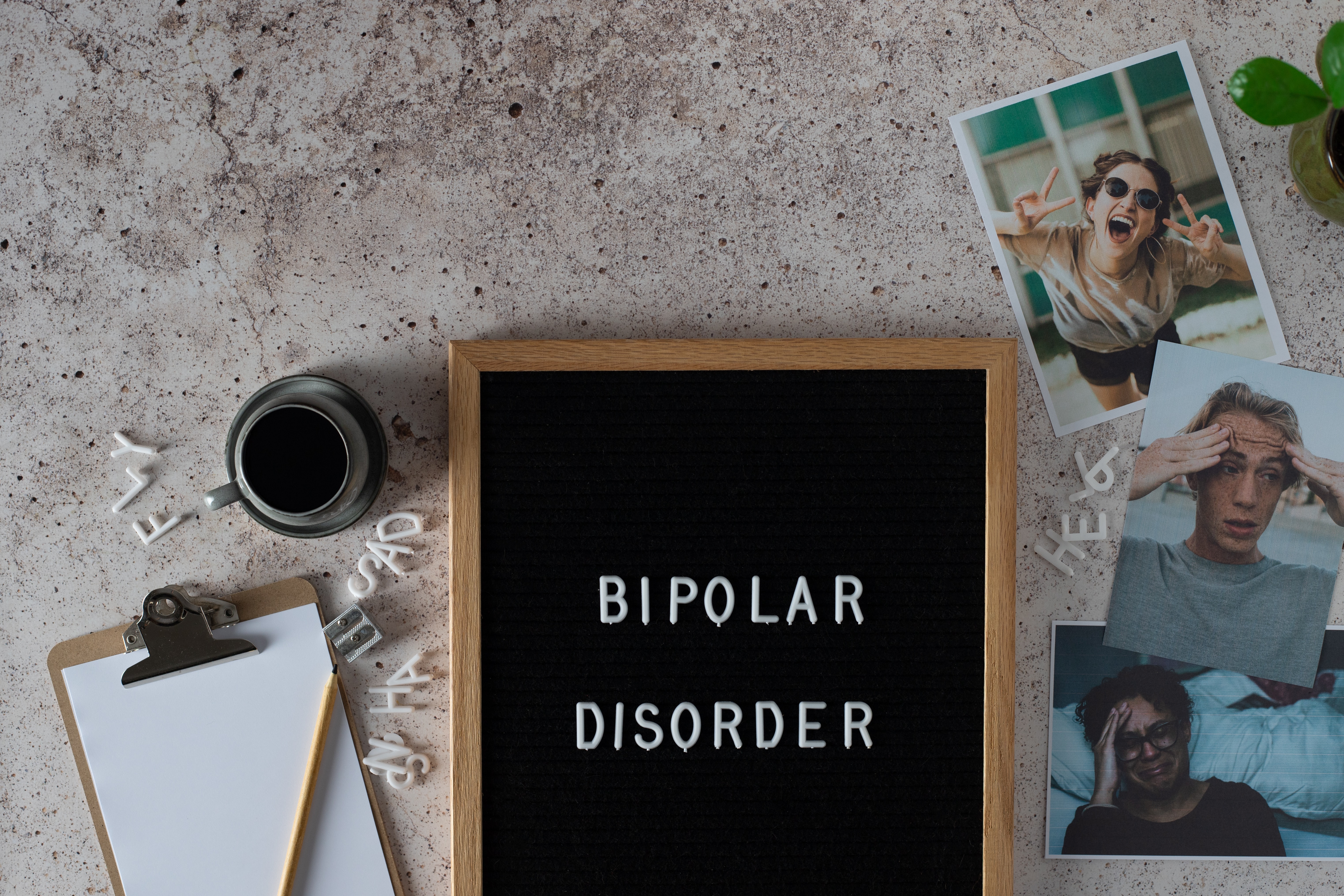 Each year bipolar disorder is celebrated world-wide on March 30th as a method to raise awareness of this disorder along with supporting those who are affected by this disorder. Mental illness has historically been negatively stigmatized by media and the spread of incorrect information, and bipolar disorder has frequently been misunderstood. The best way to end the spread of misinformation and stigma behind bipolar disorder, or any other disorder, is by understanding what it is and how it affects those who have it.
Each year bipolar disorder is celebrated world-wide on March 30th as a method to raise awareness of this disorder along with supporting those who are affected by this disorder. Mental illness has historically been negatively stigmatized by media and the spread of incorrect information, and bipolar disorder has frequently been misunderstood. The best way to end the spread of misinformation and stigma behind bipolar disorder, or any other disorder, is by understanding what it is and how it affects those who have it.
Individuals with bipolar disorder may experience significant changes in their moods which usually manifest as emotional highs, such as mania, and lows, such as depression. Depending on the individual, and their specific diagnosis, these mood changes may differ and be more pronounced for some individuals than others. In a manic state, individuals may experience increased activity levels, self-confidence, poor decision making, talkativeness, and racing thoughts. When in a depressed state, they may experience loss of interest in activities, insomnia or oversleeping, loss of energy, inability to concentrate, and feelings of worthlessness and sadness. In extreme situations, these depressive episodes may also influence an individual to have feelings of suicidal ideation. Importantly, not every individual with bipolar disorder experiences all of the same symptoms.
How does one get bipolar disorder? Although the exact cause is not known, there are certain factors that can predispose an individual to this disorder. If an individual has a close relative with bipolar disorder, their chances are increased due to their genetics. Additionally, biological changes in an individual’s brain as it develops may also play a role in this disorder. Both women and men are equally likely to get this disorder, but their symptoms may differ.
There are many treatments for bipolar disorder. Typically, these treatments are combined in order to have the strongest effect. Some of these treatments include medication such as mood stabilizers, antidepressants, antipsychotics, and anti-anxiety medicines. Additionally, many individuals use psychotherapy, such as Cognitive Behavioral Therapy (CBT), and lifestyle changes, such as exercising, having an eating and sleeping schedule, and not using alcohol or recreational drugs.
Many individuals with bipolar feel as if they have been isolated by this disorder because of how they and their symptoms are misunderstood. Many individuals have their mood swings dismissed or categorized as an emotional issue that the individual is unable to control rather than a disorder, leaving them to go through a wave of mania or depression on their own. By educating yourself about different mental disorders, how they manifest, and how they impact those dealing with them, you can help eliminate the stigmas behind these disorders and pave the way for more opportunities for those who have been previously shamed or excluded.
– Haidyn Emmerich
Nourish Your Mind Blog Contributor

